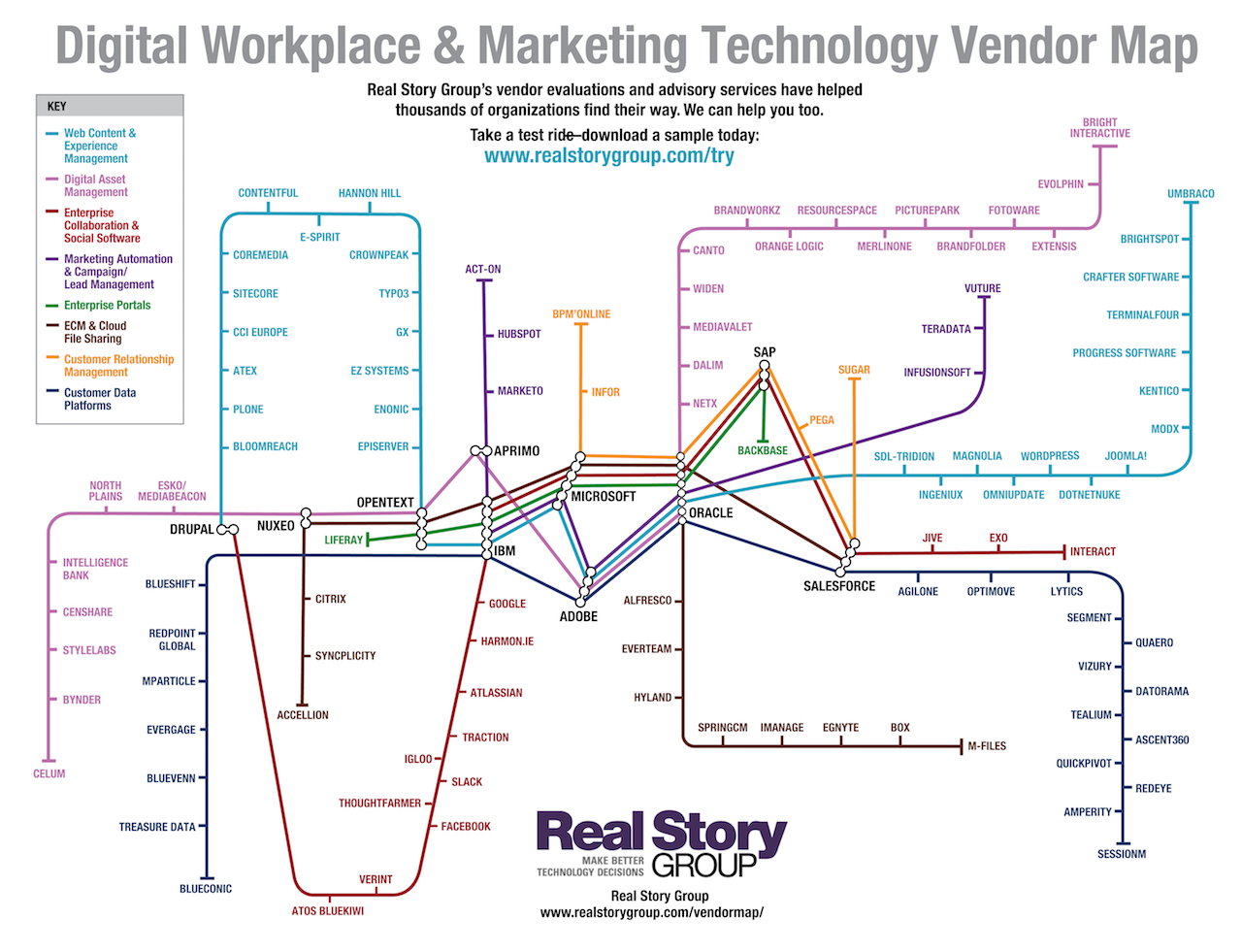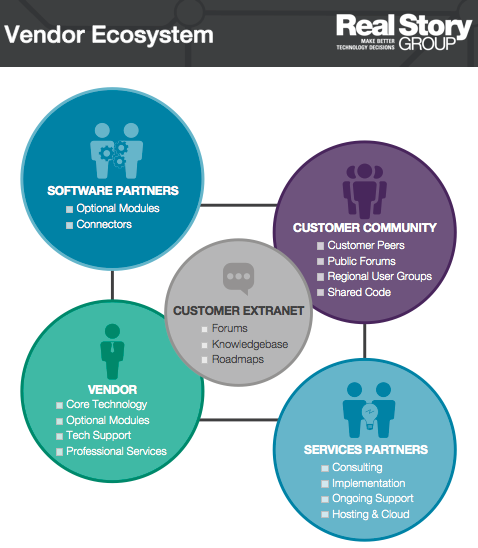How to get yourself thrown off a technology selection list
When you advise customers selecting software, as we do, on occasion you run into very awkward and difficult situations. Recently we've seen more cases where we (RSG) are advising buyers, and software vendors bidding on an RFP process have contacted us directly to elicit information and advice, or in two particular cases to try to bribe us.
I don't know if it's because software vendor sales teams are poorly trained in the legalities of procurement processes, they are simply unethical, or it's because this sort of activity is so commonplace that it's natural for them to try. In any event, it's simply wrong.
Let me be clear what I am talking about here. When a formal technology selection process starts and an RFP is used, the rules of the game change. Every RFP formally states who the point of contact for this process is (typically the buying project manager or similar role). There is also almost always an actual or implied non-disclosure agreement that all parties must agree to if they are to pursue the opportunity. In other words if you are a vendor with any questions whatsoever about the RFP process you must only communicate with the assigned and named contact, nobody else. To do so is to break the terms of the deal and render yourself liable for exclusion.
This is also why vendors who sell "up the chain" within a customer once an RFP has been tendered are also playing a dangerous game. It's fine to try to take the customer's CIO golfing before they issue an RFP; once it's on the street though, vendors who work back-channels to circumvent a selection team will typically ruin their chances.
At the Real Story Group we work with a myriad of buyers to assist them in acquiring the right technology for their needs, and are knee deep in many ongoing procurement processes. As a rule, when vendor salesfolk try to contact us directly (innocently or otherwise) regarding a specific RFP, we have no choice but to refer the incident to the buyer. In some cases this has resulted in the vendor losing or being immediately excluded from the process.
And yet, these sorts of shenanigans persist. Sometimes an acquaintance will ask: Why is this such a big deal? It's a big deal because fairness and a level playing field matters. Frankly we don't care if others do it. For you software vendors out there, this is the one time I will give you direct advice: just don't do it...







